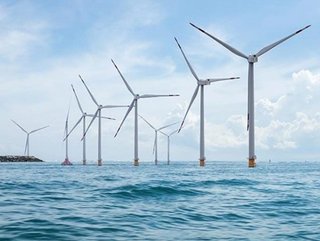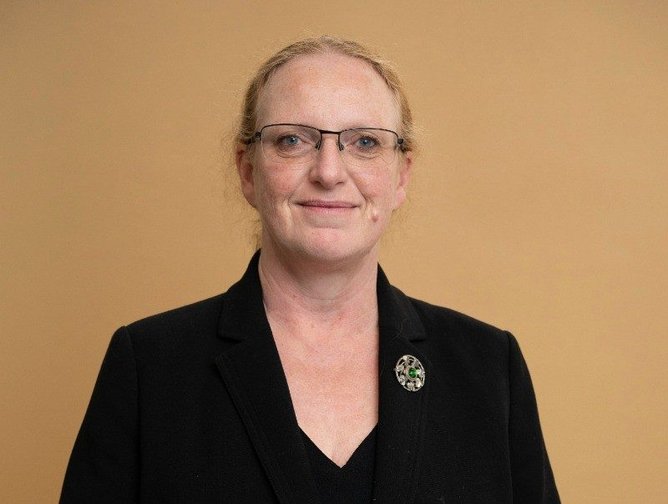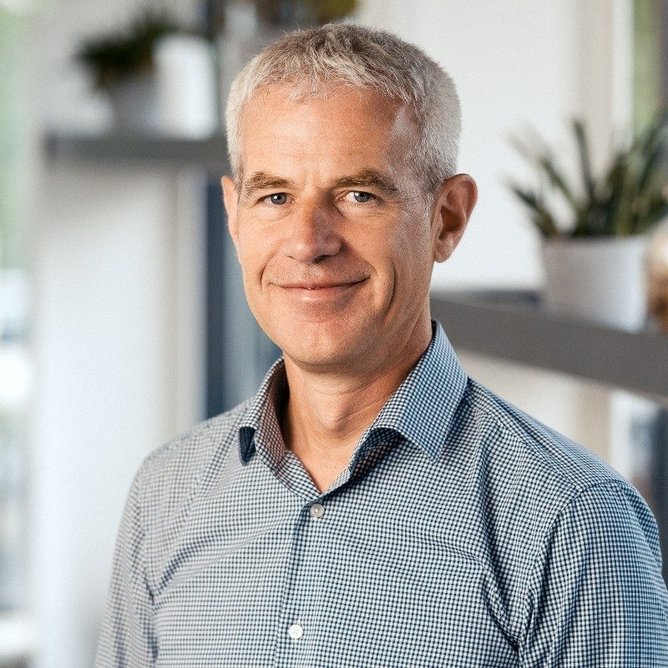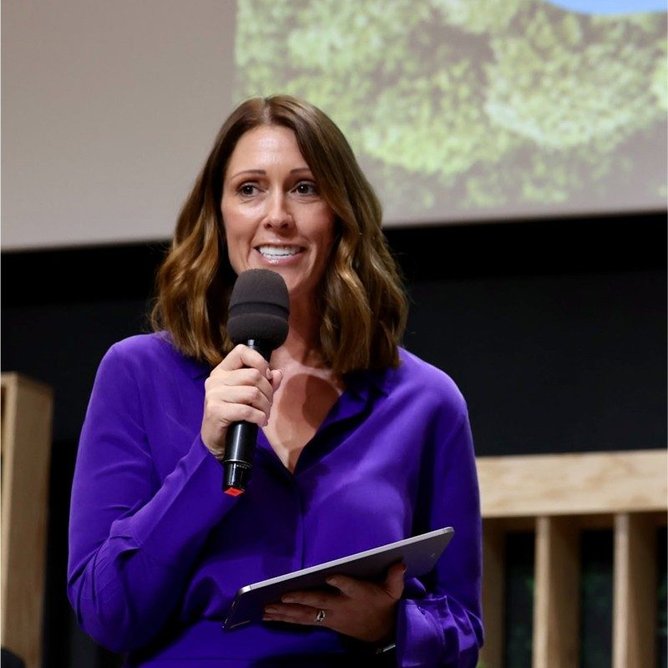How Can UK Offshore Wind Industry Find 70,000 New Recruits?

As the renewable energy space continues to grow, so does the need for jobs. And for the offshore wind arm of this ever-expanding sector, this could not be more true.
The Offshore Wind Industry Council (OWIC)’s 2023 report calls for 70,000 additional jobs in this space alone between now and 2030.
With it forecasting that jobs in offshore wind will exceed 100,000 for the first time and a dramatic surge of workers being needed before the end of the decade, the report calls for strategies to be implemented to ensure a skilled and diverse workforce is available to meet the industry’s needs.
What is the green skills gap?
The green skills gap refers to the shortage of workers needed to fill incoming jobs created by the green transition. OWIC data says, to manage the expected offshore wind project pipeline, 10,000 people per year need to be attracted and retained.
“To ensure we can meet existing ambition, it’s essential for us to work across our own industry, adjacent industries and with the next generation to make offshore wind an attractive career choice for people from the widest range of backgrounds and with a whole variety of different skill sets,” said Jane Cooper, Director of Offshore Wind at trade association RenewableUK, highlighting the central role offshore wind plays in delivering green power.

Looking outside the offshore wind sector, there is a gap of around 200,000 workers in the UK green industries, challenging its ability to meet net zero targets. As well as competing with each other for talent, the renewables industry is competing with other sectors for the same highly sought-after skills.
Without an upskilled workforce, there will be no energy transition. The increasing ambitions mean that demand for workers is rising faster in the renewable sector than in other industries, giving the energy sector both an incredible opportunity and a growing challenge.
The growing need for offshore wind jobs
A double-edged sword, a boom in renewables and specifically offshore wind has meant there is a growing need for a green workforce, but finding qualified and skilled workers who meet requirements is something to overcome.
When on a recruitment drive to hire more than 100 employees in its offshore wind division in 2023, bp SVP of Offshore Wind Matthias Bausenwein openly discussed the need to recruit new talent by a number of means. This is part of bp’s ongoing rapid expansion of its operations in the fast-growing sector of offshore wind, with the hope of doubling its offshore workforce to 800 by 2025.

Speaking to Reuters, he said: “This means bringing a lot of our talent within bp but we will also have to find people from the outside."
This comes as he told the Financial Times: “We want to be a leading developer for offshore wind and add certain projects every year towards 2030 and beyond.”
This is echoed by Sjoerd Meijer, Advisor at the Royal Institute of Engineers (KIVI). Speaking at the Offshore Energy Exhibition & Conference (OEEC) with TenneT’s Head of Offshore Operations Erik Hiensch, he said: “One solution we believe is that craftsmanship should be promoted, appreciated and remunerated. Secondly, we believe in promoting technical professions at primary and secondary schools.

“It’s about educating and informing the future workforce, which is the children.”
Richard Sandford, Co-Chair of OWIC, added: “When I moved into offshore wind 15 years ago, I knew I’d found my place in the energy transition. My own journey is testament to how much power generation has changed over the past few decades — but the offshore wind sector needs many more people in the short, medium and long-term to power ahead.

“All of us need to work even closer together to develop a bold new strategy that attracts all the skills we need to surge ahead as fast as possible.”
Why is there a talent shortage?
John Barrie, Global Head of Training at Vestas, says, because of the exponential growth of the renewables sector, employers are “entering a period where we have a lot of competition for the same roles”. This, he added, is exacerbated thanks to a “lack of skill and lack of people coming through the education system”.

He also shines a spotlight on the lack of accessibility and visibility of these kinds of professions. Despite offshore wind operations often existing near urban areas, many aren’t aware of the opportunities out at sea.
“There are large communities of people who never considered themselves to be working 120 metres in the air fixing things,” he added. “From a practical perspective, the size of that opportunity is something we can grasp through working with community colleges.”

Brexit, the pandemic and tax changes for contractors — all situations that happened in quick succession — have also impacted the take up of renewable energy jobs, said Beth Whittaker, Chief HR Officer at Veolia. Calling it a “perfect storm”, she said this, coupled with the UK’s ageing workforce, has affected the labour market.
*******************
Make sure you check out the latest edition of Energy Digital Magazine and also sign up to our global conference series - Sustainability LIVE 2024.
*******************
Energy Digital is a BizClik brand.






